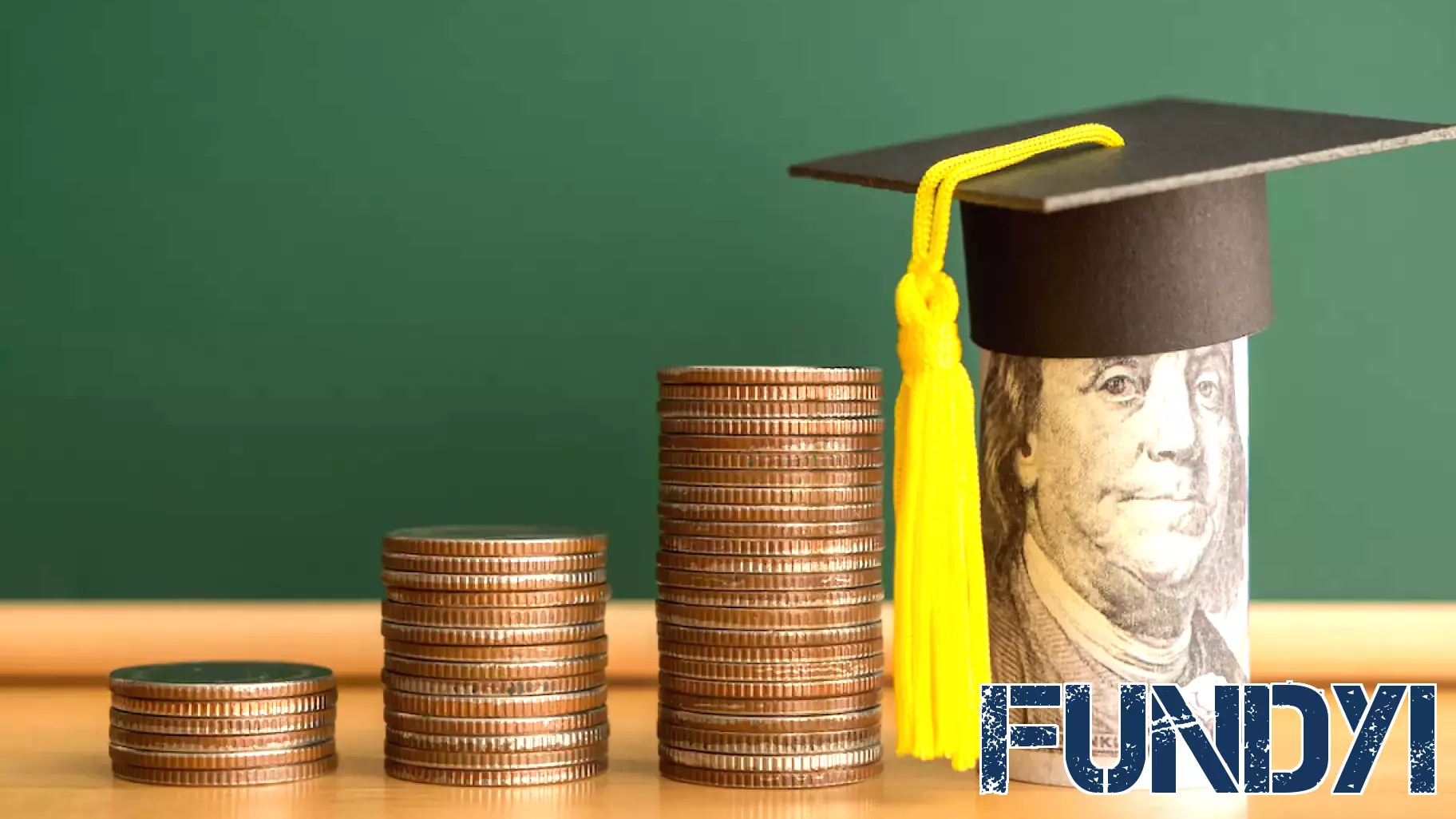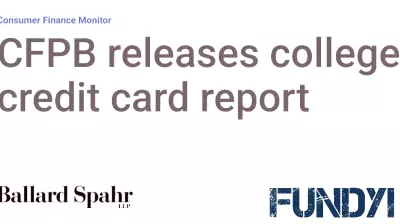Impact of Student Loan Defaults on Consumer Spending
May 3, 2025 - 07:02

Rising student loan defaults may lead to a staggering reduction in consumer spending, potentially amounting to $63 billion annually, as highlighted by recent analysis from economic experts. Over the past five years, the burden of student debt has continued to escalate, affecting borrowers' financial stability and their ability to engage in everyday spending.
As more graduates struggle to meet their loan obligations, the ripple effects could be felt across various sectors of the economy. With less disposable income, individuals may cut back on essential purchases, dining out, and other discretionary spending. This decline in consumer activity could hinder economic growth, putting additional pressure on businesses that rely on robust consumer demand.
Furthermore, the rise in defaults could signal broader issues within the education financing system, prompting discussions on potential reforms. Policymakers and financial institutions may need to reassess their strategies to address the growing student debt crisis and its implications for the overall economy. The situation remains critical, as the long-term effects of these defaults could reshape consumer behavior and economic stability in the years to come.
MORE NEWS

February 20, 2026 - 23:00
WisDems: Updated: RPW breaks state law by failing to file campaign finance report, WisDems chair respondsMADISON, Wis. — An official ethics complaint has been filed against the Republican Party of Wisconsin (RPW) for an alleged clear violation of state campaign finance law. The complaint centers on...

February 20, 2026 - 00:21
CFPB releases college credit card reportFor the first time since 2017, the total number of college- and university-affiliated credit card issuers did not decrease, holding steady at 133 agreements nationwide. This plateau follows a...

February 19, 2026 - 04:17
Urgent superannuation warning for thousands as Aussie loses $165,000: 'I just clicked'A stark warning has been issued to superannuation holders across the nation following a series of devastating scams that have stripped millions from retirement nest eggs. In a particularly...

February 18, 2026 - 23:47
Nova Scotia's Finance Department says over-budget spending needed to act swiftlyThe Nova Scotia government is justifying its decision to repeatedly exceed budgeted spending amounts, stating the flexibility was crucial to address urgent provincial needs quickly. The Finance...